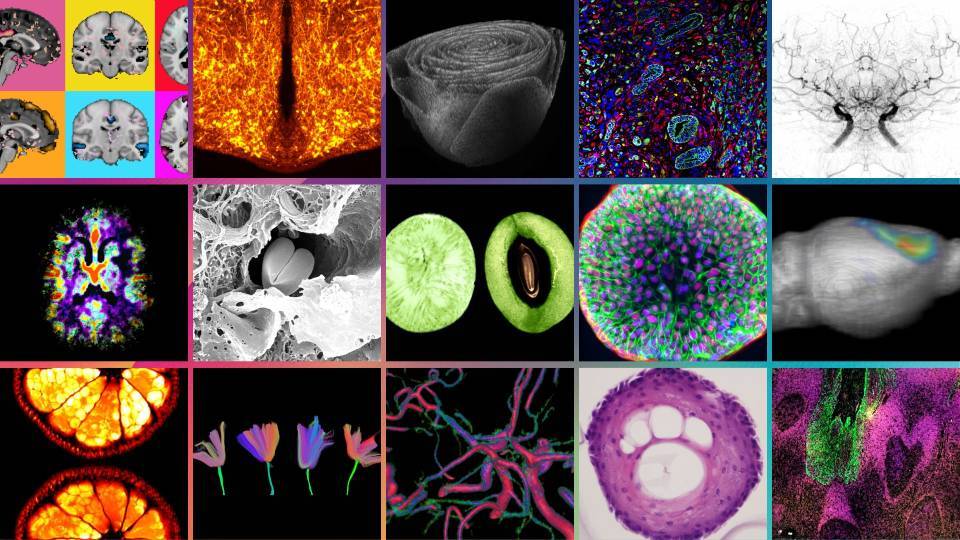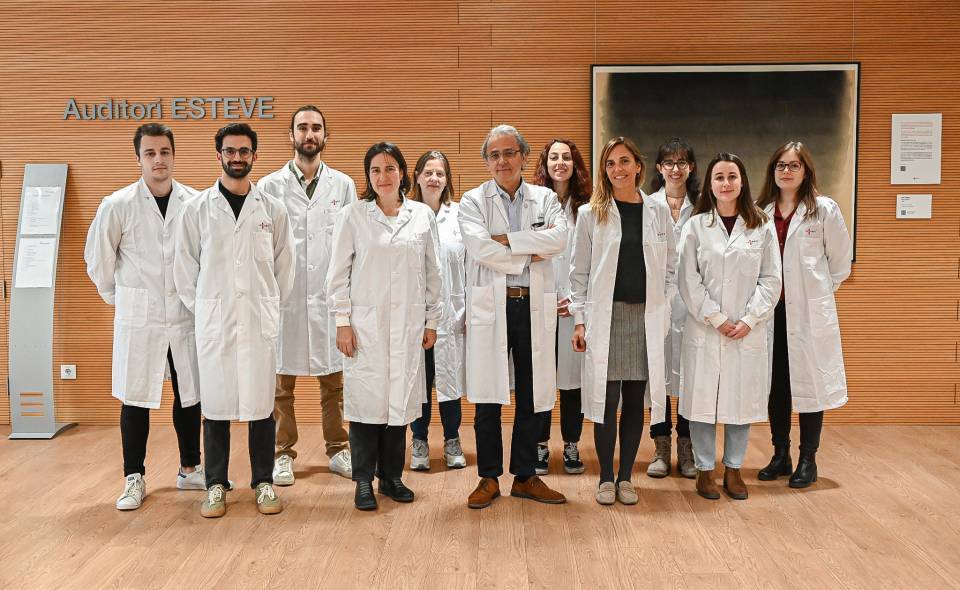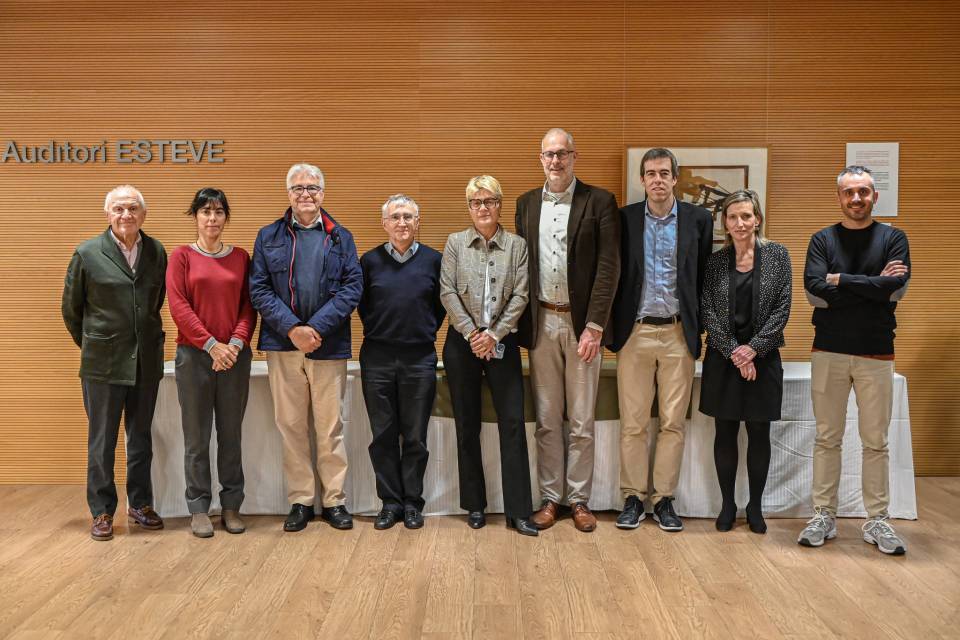Understanding the natural factors in humans that allow HIV to be controlled has enabled the scientific community to design most of the treatment and cure strategies developed to date. Now, an international study, with the participation of the IrsiCaixa AIDS Research Institute–a centre promoted jointly by the “la Caixa” Foundation and the Department of Health of the Generalitat de Catalunya–and the Hospital Clínic Barcelona-IDIBAPS, has identified a new genetic variant that could help control HIV.
The discovery, published in the journal Nature, arises from the genome-wide study of 3,879 individuals of African descent living with HIV. More specifically, the change is near the CHD1L gene on chromosome 1 and would appear to affect mainly macrophages, cells that play a key role in the immune system and in maintaining HIV persistence. Up to now, in previous studies conducted mainly on Caucasians, this genetic modification had not been detected. Understanding the role of this gene in HIV infection could lead to its potential use as a therapeutic target.
The progress of HIV infection is different for each person, and can depend on very varied factors related to the virus, the environment, and the host’s characteristics such as their genetics. "There are people in whom, despite living with an active HIV infection, the amount of virus they have in their blood is below the standard threshold detected in the rest of the people suffering from the infection”, explains Javier Martínez-Picado, ICREA research professor at IrsiCaixa and one of the authors of the article. In order to understand the role of host genetics in this phenomenon, the team had previously performed genome-wide studies of 6,000 individuals living in Europe and North America. Thus, they detected a variant on chromosome 6 linked to HIV control. “Now, we want to focus on individuals of African descent to understand the genetics of this population too, which is highly affected by the HIV pandemic”, explains Josep Maria Miró, Senior Consultant in the Infectious Diseases Service at the Hospital Clínic Barcelona, head of the IDIBAPS and CIBERINFEC research groups, and Professor of Medicine at the University of Barcelona.
Less HIV infection in macrophages, cells that play a key role in viral persistence
Within the framework of the International Consortium for the Genomics of HIV, the research team performed a genome-wide analysis of 3,879 individuals of African descent with HIV infection, and the amount of the virus they had in their blood in the absence of antiretroviral treatment was also analysed. Thus, it was possible to identify which genetic variants are present in people with less virus in the blood and, therefore, better control HIV replication. “We have confirmed the presence of the genetic variant on chromosome 6 that had previously been found in individuals of European descent, but we have also detected a new one on chromosome 1”, says Martínez-Picado. More specifically, this genetic change is very close to the CHD1L gene, and could be affecting its expression.
To understand the role of this gene in HIV infection, the team carried out several experiments in the laboratory with cells genetically modified to express or not express CHD1L. They have been able to show that, in the cells that do not express the gene, HIV replicates with greater difficulty. More specifically, the cells most affected are macrophages, which are involved in activating the immune response and maintaining the viral reservoir. “Although we have yet to determine the precise mechanism by which this genetic change manages to limit HIV replication, the results suggest that this gene intervenes during the early stages of the virus cycle, and that its effect is specifically concentrated in certain cells in the body", says Miró.
The road to inclusive and impactful research
Despite the high incidence of HIV infection in African populations, they are underrepresented in human genomics studies. “The results highlight the importance of conducting genomic studies in populations with different ancestries, to better address the specific medical needs of each individual and avoid global health inequalities", says Martínez-Picado.
Large-scale genetic studies that analyse the genomes of large human populations, such as the recently published study, would expand our knowledge about the impact of host genetics on the response to infections. “Characterising in detail all the genetic variables that allow for better control of HIV infection, enables us to have new therapeutic targets and to have different approaches from which to attack the virus”, concludes Miró.




